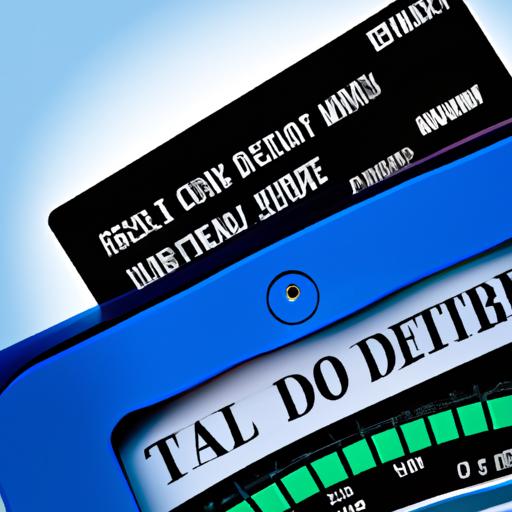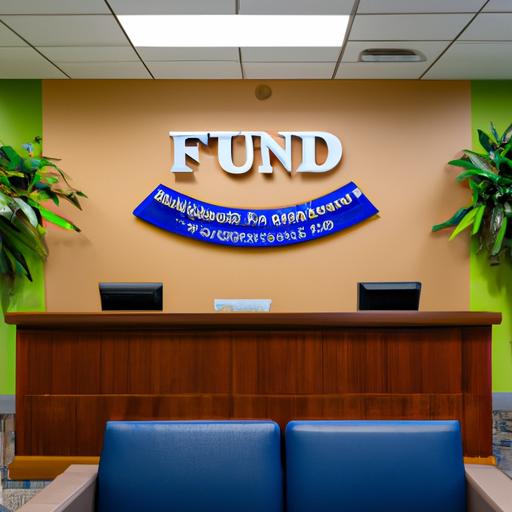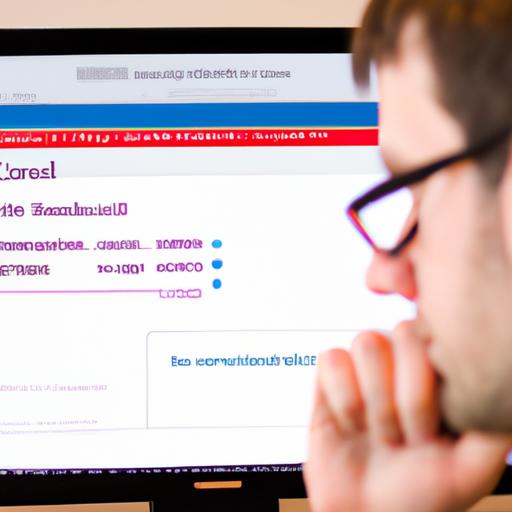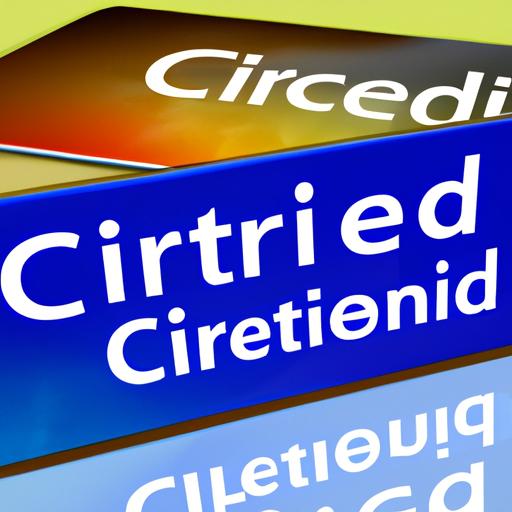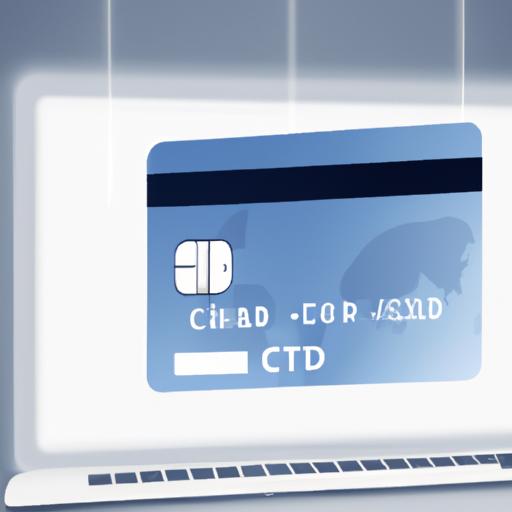Settlement for Credit Card Debt: A Vital Step Towards Financial Freedom
Introduction
In today’s fast-paced world, managing finances can often feel like walking a tightrope. One misstep, and you find yourself drowning in a sea of debt. This is where the concept of settlement for credit card debt comes into play. But what exactly does it entail?
Definition of settlement for credit card debt: Settling credit card debt involves negotiating with your creditors to pay off a portion of what you owe, usually in a lump sum, to discharge the remaining debt. It offers a lifeline to individuals struggling with overwhelming credit card balances.
Importance of settling credit card debt: Imagine a weight lifted off your shoulders, a burden eased from your mind. That is the feeling of relief that comes with settling your credit card debt. Not only does it provide financial peace of mind, but it also serves as a crucial step towards rebuilding your financial health and securing a brighter future. Let’s delve deeper into the world of credit card debt settlement and discover how it can pave the way to financial freedom.
Understanding Credit Card Debt Settlement
What is credit card debt settlement?
Credit card debt settlement is a strategic financial approach that allows individuals to negotiate with their creditors to pay off a reduced amount of their outstanding debt. Instead of repaying the full balance, creditors may agree to accept a lump sum payment as a settlement. This process can provide relief to those burdened by high levels of credit card debt, offering a path to financial recovery.
How does credit card debt settlement work?
The process of credit card debt settlement typically begins with a thorough assessment of your financial situation. You may choose to work with a reputable debt settlement company or negotiate directly with your creditors. Once negotiations commence, you will propose a settlement amount that is lower than the total balance owed. If your offer is accepted, you will make a lump sum payment to clear the debt, often resulting in a significant reduction in what you owe.
Benefits of credit card debt settlement
Credit card debt settlement offers a range of benefits to individuals grappling with overwhelming debt. By negotiating a reduced payoff amount, you can alleviate financial stress and regain control of your finances. Additionally, settling your credit card debt can help improve your credit score over time, as you work towards a debt-free future. Embracing the opportunity for settlement can be a pivotal step towards achieving financial stability and peace of mind.
Factors to Consider Before Settling Credit Card Debt
Financial Situation Assessment
Before embarking on the journey of settling your credit card debt, it is crucial to assess your financial situation thoroughly. Take stock of your income, expenses, and overall financial standing. Understanding your financial health will help you determine how much you can afford to offer as a settlement and devise a realistic repayment plan.
Impact on Credit Score
One of the key factors to consider before settling credit card debt is the potential impact on your credit score. While settling a debt can help you get out of financial distress, it may also have a negative impact on your credit rating. It is essential to weigh the pros and cons carefully and consider how a lower credit score may affect your future financial opportunities.
Tax Implications
Another important consideration when settling credit card debt is the potential tax implications. In some cases, the forgiven debt amount may be considered taxable income by the IRS. It is advisable to consult with a tax professional to understand the tax consequences of settling your credit card debt and plan accordingly to avoid any surprises come tax season.
How to Negotiate a Settlement for Credit Card Debt
Contacting the Credit Card Company
When it comes to negotiating a settlement for your credit card debt, the first step is to reach out to your credit card company. This initial contact sets the stage for the negotiation process. Be prepared to discuss your financial situation honestly and provide any documentation requested by the company.
Making a Settlement Offer
Once you have established contact with the credit card company, it’s time to make a settlement offer. This offer typically involves proposing to pay a percentage of the total debt owed in exchange for the remaining balance being forgiven. It’s essential to present a reasonable and realistic offer that you can afford to ensure a successful negotiation.
Negotiating Payment Terms
Negotiating payment terms is a crucial aspect of settling your credit card debt. This involves discussing the payment schedule, the amount to be paid, and any other conditions related to the settlement. By negotiating payment terms that work for both parties, you can reach a mutually beneficial agreement and take a significant step towards relieving the burden of your credit card debt.
Alternatives to Settlement for Credit Card Debt
Debt Consolidation
When faced with mounting credit card debt, debt consolidation can be a viable solution. This strategy involves combining multiple debts into a single loan with a lower interest rate, making it easier to manage payments and potentially reduce overall debt. By streamlining your debts into one manageable monthly payment, you can regain control of your finances and work towards a debt-free future.
Debt Management Plans
For those seeking a structured approach to debt repayment, debt management plans offer a systematic way to reduce and eliminate debt. Working with a credit counseling agency, you can create a personalized plan to repay your debts over time. These plans often involve negotiated lower interest rates and consolidated monthly payments, helping you stay on track and make steady progress towards financial stability.
Bankruptcy
While considered a last resort, bankruptcy may be necessary for individuals facing insurmountable debt. Through bankruptcy proceedings, you can seek legal protection from creditors and work towards a fresh financial start. While it can have long-lasting consequences on your credit, bankruptcy provides a path to discharge overwhelming debt and begin anew. It’s essential to weigh the pros and cons carefully before pursuing this option.
